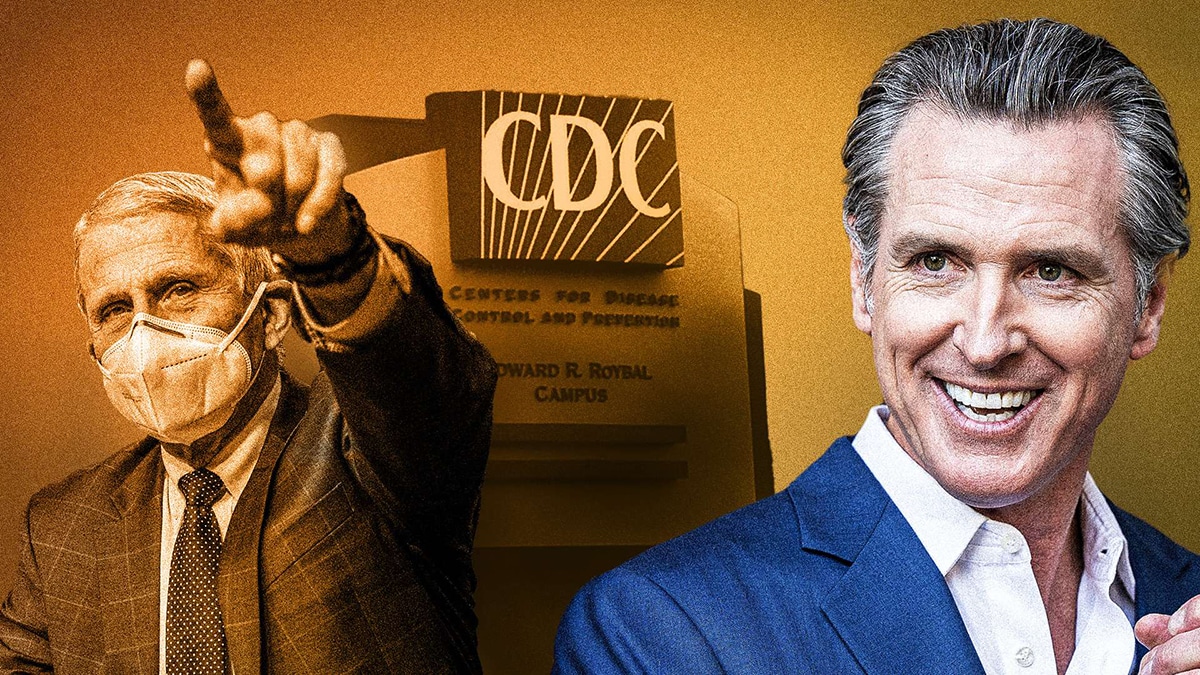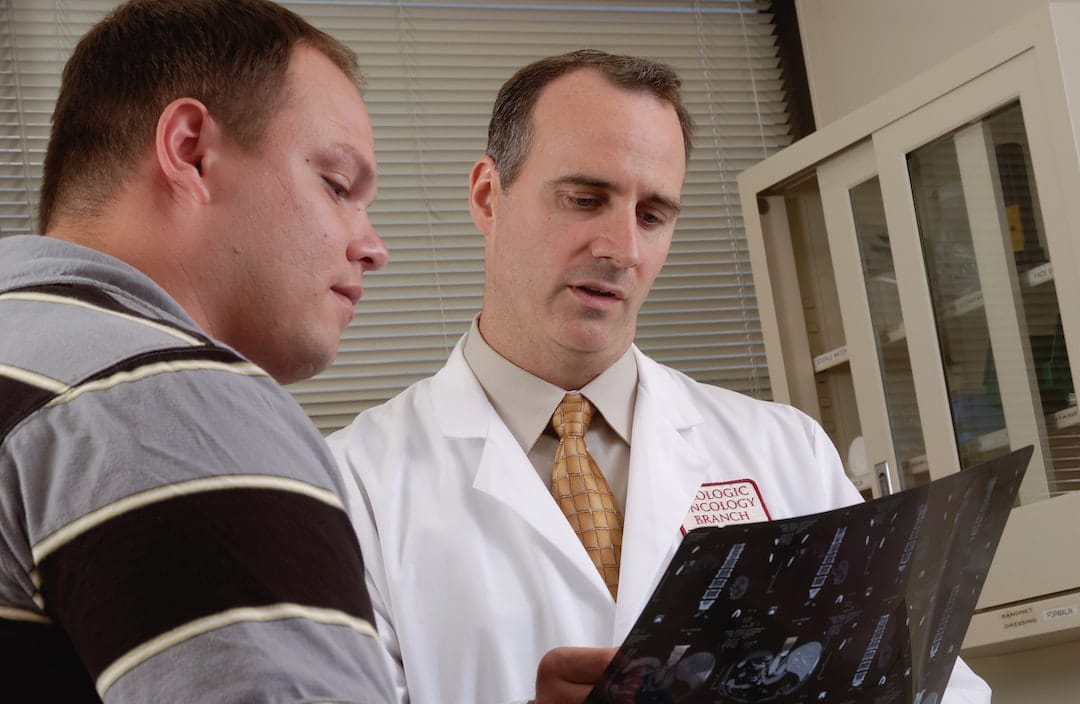
The Constitutional Case Against AB 2098, California’s Covid Misinformation Bill
Dear Senator Roth:
Californians for Good Governance is a nonpartisan coalition of California voters who are concerned about how the response to the Covid-19 pandemic is eroding democratic norms in our state. I am writing to express our opposition to Assembly Bill 2098 due to its unconstitutional restrictions on free speech (misinformation as defined by the bill.)
There is no question that the bill is aimed at restricting speech based on its content. As such, it would be presumptively invalid and could only be upheld if the government could prove that the law is narrowly tailored to serve a compelling state interest.[1] “This stringent standard reflects the fundamental principle that governments have no power to restrict expression because of its message, its ideas, its subject matter, or its content.”[2] While the state may be able to claim that providing the public with accurate information regarding Covid-19 is a compelling interest, it cannot possibly argue that the blunt weapon that AB 2098 represents is narrowly tailored to that interest.[3]
The fact that the speech that this bill would restrict is defined as false information does not affect the analysis of its constitutionality. While the right to free speech is not absolute, there is no general exception to the First Amendment that applies to false statements.[4] It is a long-held precept of free speech jurisprudence that more speech is the appropriate remedy to false speech, rather than censorship. “The remedy for speech that is false is speech that is true. This is the ordinary course in a free society. The response to the unreasoned is the rational; to the uninformed, the enlightened; to the straight-out lie, the simple truth.”[5]
The bill analysis from the Assembly Business and Professions Committee discussed the constitutional problems presented by AB 2098 and concluded:
Whether this bill would be considered constitutionally valid would in large part depend on how it is interpreted and enforced. If the [Medical Board of California (MBC)] or the [Osteopathic Medical Board of California] were to take action against a physician for statements made to the general public about COVID-19 through social media or at a public protest, a court may find that this speech falls at the end of the spectrum where the First Amendment’s protections are strongest. However, if a physician were to be subjected to formal discipline for communications made to a patient under their care in the form of treatment or advice, this would quite likely be considered professional conduct that may be more heavily regulated through the state’s police power.[6]
However, the analysis’s conclusion misses the mark. According to United States Supreme Court jurisprudence, if the law could be applied in a violates the First Amendment, then its tendency to chill speech would render it unconstitutional on its face. The analysis implicitly concedes that the bill is ambiguous enough that it could be reasonably interpreted as applying to what is indisputably constitutionally protected speech. Thus, this bill would represent a textbook example of a law that is unconstitutionally vague, in that it fails to clearly delineate what conduct is prohibited, so that it would violate due process clauses of the Fifth and Fourteenth Amendments.[7] Likewise, the definition of “misinformation,” which makes reference to a “contemporary scientific consensus,” is too vague to comport with constitutional standards of due process.
The idea that the MBC is unlikely to overstep its bounds because it has been criticized for a lack of aggressive enforcement, suggested by the analysis,[8] does not in any way rescue the bill from a constitutional challenge. “[T]he First Amendment protects against the Government; it does not leave us at the mercy of noblesse oblige. We would not uphold an unconstitutional statute merely because the Government promised to use it responsibly.”[9] Even if no doctors were disciplined under this bill, it would cause damage by encouraging conscientious doctors to censor themselves.
While the First Amendment prohibits the government from punishing physicians for speech that contradicts the scientific consensus, the government may place limits on speech if that speech is incidental to professional conduct.[10] Simply put, what this so-called “professional speech doctrine” means is that a doctor cannot use the First Amendment as a shield to defend against an accusation that he or she provided negligent medical advice. The United States Supreme Court has made clear, however, this doctrine does not give states “unfettered power to reduce a group’s First Amendment rights by simply imposing a licensing requirement.”[11] Business and Professions Code section 2234 already empowers the MBC to discipline doctors for gross negligence, repeated acts of negligence, or incompetence, and by singling out information labeled as false or misleading regarding Covid-19 specifically, this bill only serves to chill speech, rather than to protect patients.
Proponents of AB 2098 keep talking out of both sides of their mouths, emphasizing the bill is needed to curb speech that is constitutionally protected, but then insisting that this bill would do no such thing. For example, the bill’s author argued that the bill “is crucial to addressing the amplification of misinformation and disinformation related to the COVID-19 pandemic.”[12] But a law that punishes the “amplification” of speech due to its content would be presumptively unconstitutional. And the sole example of misinformation cited by the witnesses in support of AB 2098 during the Assembly Business and Professions Committee hearing was a press conference given by a licensed doctor named Simone Gold.[13] The bill analysis cites the same example.[14] But that speech falls within the scope of First Amendment protection, and no one has argued otherwise. One of the bill’s co-authors cited an example relating to negligent treatment of hypertension, which is entirely irrelevant to this bill, which only targets Covid-19-related speech.[15] It is telling that proponents of AB 2098 have been unable to cite one single example of harmful conduct that this law would apply to.
Recognizing that the bill as originally written most likely ran afoul of the First Amendment, the Assembly Business and Professions Committee suggested several amendments that seem to limit the scope of the speech implicated, but they fail to resolve the problems. For example, as noted above, the meaning of “misinformation” still lacks clarity. While there may be a consensus regarding the veracity of information at the extreme ends of the spectrum, there is a massive gray area of uncertainty regarding Covid. The amendments also created an unusual definition of the word “disseminate”: “[to communicate] information from the licensee to a patient under the licensee’s care in the form of treatment or advice.” This differs from the word’s ordinary meaning of “to scatter widely.” The confusing language used in the bill causes an ordinary person to believe it could be used punish doctors for exercising their free speech rights, which runs the risk of impermissibly chilling speech.
Notably, the MBC itself does not support the bill in its current form. At its quarterly board meeting on May 20, 2022, the MBC voted to accept the staff recommendation to take the position of “support, if amended” on AB 2098.[16] The amendments requested by the MBC would remove some of the language added in the Assembly Business and Professions Committee, including proposed subdivision (b), which currently reads: “Prior to bringing a disciplinary action against a licensee under this section, the board shall consider both whether the licensee departed from the applicable standard of care and whether the misinformation or disinformation resulted in harm to patient health.” During the two Assembly committee hearings, one of the bill’s co-authors, Assembly Member Weber, emphasized the importance of this provision to narrow to scope of the bill.[17] The Assembly Member’s already weak arguments defending the constitutionality of this bill would be undermined by the removal of the proposed subsection.
What AB 2098 proponents see as a misinformation crisis is, in reality, a crisis of institutional credibility.[18] Attempts to counter misinformation through constitutionally acceptable means have not been as effective as desired because trust in institutions has plummeted.[19] Creating the perception that doctors are subject to a gag order, which is what this bill would do, would only further erode the public’s trust in the medical establishment.[20]
For all these reasons, we urge the members of this committee to vote “no” on AB 2098.
Sincerely,
Laura Powell
Subscribe to Californians for Good Governance
[1] See, e.g., National Institute of Family and Life Advocates v. Becerra (2018) 138 S. Ct. 2361, 2371.
[3] Carl Coleman, a law professor who specializes in public health, agrees that AB 2098 as amended would not pass constitutional standards:
“I’ve argued in favor of revoking the licenses of HCPs who spread lies about COVID. https://papers.ssrn.com/sol3/papers.cfm?abstract_id=3925250. But #AB2098 goes too far. It would subject any HCP who questions the standard of care to the loss of their license. As written, it’s almost certainly unconstitutional.”
Carl Coleman (@carlhcoleman), Twitter (Apr. 20, 2022, 10:37 AM).
[4] United States v. Alvarez (2012) 567 U.S. 709, 709.
[6] Assem. Com. on Business & Professions, Analysis of Assem. Bill No. 2098 (2021-2022 Reg. Sess.) as amended Apr. 19, 2022, p. 12.)
[7] As explained in a unanimous opinion of the United States Supreme Court:
“Even when speech is not at issue, the void for vagueness doctrine addresses at least two connected but discrete due process concerns: first, that regulated parties should know what is required of them so they may act accordingly; second, precision and guidance are necessary so that those enforcing the law do not act in an arbitrary or discriminatory way. [Citation.] When speech is involved, rigorous adherence to those requirements is necessary to ensure that ambiguity does not chill protected speech.”
FCC v. Fox TV Stations, Inc. (2012) 567 U.S. 239, 253-254.
[8] Assem. Com. on Business & Professions, Analysis of Assem. Bill No. 2098 (2021-2022 Reg. Sess.), Apr. 19, 2022, p. 8.
[9] United States v. Stevens (2010) 559 U.S. 460, 480.
[10] National Institute of Family and Life Advocates v. Becerra (2018) 138 S.Ct. 2361, 2365-2366.
[12] Assem. Floor Analysis, 3d reading analysis of Assem. Bill No. 2098 (2021-2022 Reg. Sess.), as amended Apr. 20, 2022, p. 5.
[13] Testimony of Nick Sawyer before the Assem. Com. on Bus. & Prof., April 19, 2022.
[14] Assem. Com. on Business & Professions, Analysis of Assem. Bill No. 2098 (2021-2022 Reg. Sess.), Apr. 19, 2022, p. 9.
[15] Remarks of Assem. Member Akilah Weber before the Assem. Com. on Bus. & Prof., April 19, 2022.
[16] Medical Board of California, Quarterly Board Meeting, May 19-20, 2002, Agenda Item 14a, Legislative Analysis of AB 2098, p. 4; Medical Board of California, Quarterly Board Meeting May 19-20, 2022 (Day 2), YouTube (uploaded May 26, 2022).
[17] Remarks of Assem. Member Akilah Weber before the Assem. Com. On Bus. & Prof., April 19, 2022; Remarks of Assem. Member Akilah Weber before the Assem. Com. on Appropriations, May 11, 2022.
[18] E.g., Jenny Anderson, She Hunts Viral Rumors About Real Viruses, N.Y. Times (Oct. 13, 2020, updated Mar. 26, 2021).
[19] See, e.g., Megan Brenan, Americans’ Trust in Government Remains Low, Gallup News (Sep. 30, 2021); Megan Brenan, Americans’ Confidence in Major U.S. Institutions Dips, Gallup News (July 14, 2021).
[20] See, e.g., Ety Elish, et al., Suppressing Scientific Discourse on Vaccines? Self-perceptions of researchers and practitioners, HealthCare Ethics Committee Forum (May 19, 2022).





0 Comments